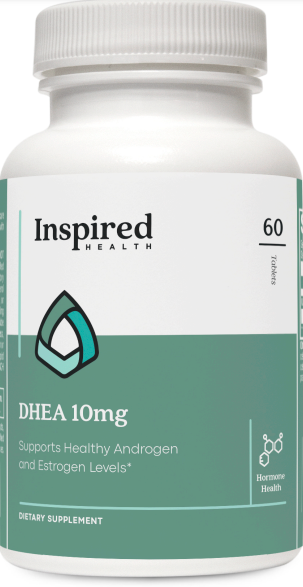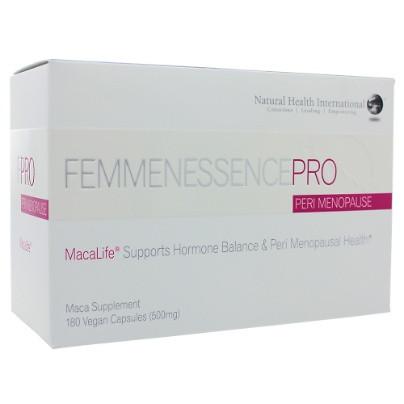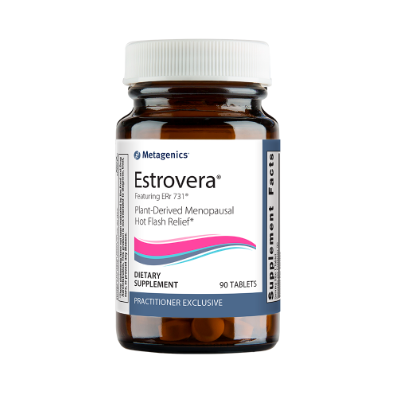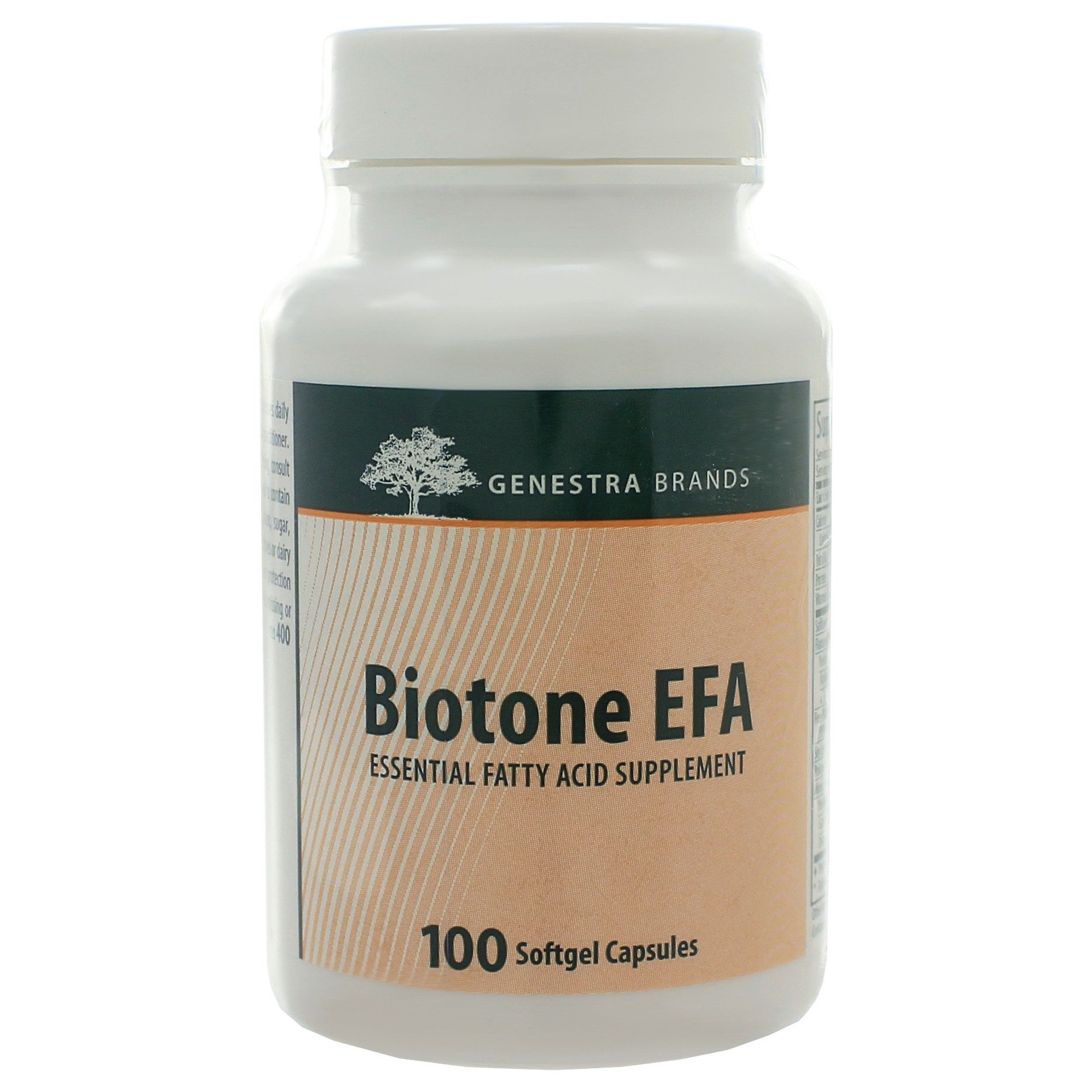Is Perimenopause puberty in reverse?
Maybe you’ve experienced it- a sudden hot flash, irregular period cycle, or mood instability. People are annoying you, your patience is lower, and you are contemplating moving, changing jobs, ending your relationship, crying and laughing – all within 5 minutes. What is going on, you’re only 35 years old?! It might feel like you’re going crazy! Your mother talked about this a little, but she was in her 50’s and always referred to it as menopause. You might be confused and scared about what is actually happening.
You may be experiencing PERI-menopause!
Perimenopause refers to the time occurring around menopause and can begin for some women in their mid 30’s. Perimenopause can also last up to 10 years – something you might not be expecting, therefore you are unprepared for. Naturally occurring menopause is official when you have not had a period for one year.
During perimenopause, estrogen levels begin to rise and fall in a more uneven fashion, progesterone levels can drop and cortisol begins to rise. Hello non-fun roller coaster!
Common symptoms of Perimenopause include:
- Hot flashes and/or night sweats
- Menstrual cycle changes: heavier, lighter, shorter, longer- you name it
- Sleep issues
- Vaginal dryness
- Decreased libido
- Weight gain and weight loss resistance
- Decreasing fertility
- Brain fog or difficulty concentrating
- Mood issues- increased depression and/or anxiety (physiology is driving behavior!)

Some struggle more than others during this experience. Good news- the intense struggle is OPTIONAL! Working with a Functional Medicine Provider can support this journey quite nicely as it is often NOT a linear process. What works for some in terms of support may suddenly stop working or not be enough. Knowing all your treatment and testing options is powerful! You are not alone.
Treatments to Support Estrogen Balance
Let’s discuss treatment options for estrogen balance and support. Estrogen is produced primarily by the ovaries but our adrenal glands and fat cells also produce a small amount as well. It is important to remember the effects of stress on adrenal health and how stress management pays a role in perimenopause.
DHEA, a hormone produced from the adrenal glands, also supports the production of estrogen and testosterone. DHEA has been shown to function as an anti-depressant and improve vaginal dryness.


Maca is a wonderful option to support estrogen. Maca root is sometimes called Peruvian Ginseng and it grows high up in the Andes mountains. Maca, especially in the form of FemmenessencePro Peri, contains the type of maca that can balance estrogen levels, reduce hot flashes, support adrenal health, provide energy, increase libido, boost mood and improve memory.
Estrovera is a plant based hot flash support. It also supports mood, sleep issues and vaginal dryness.


Biotone assists with hormonal imbalances, improves insulin and glucose metabolism as well as reduces night sweats.
As you can see, there are several natural options to support perimenopause estrogen levels! However, in some cases, bioidentical hormone replacement is ultimately needed. According to the Mayo Clinic, hormone replacement can sometimes be the most effective way of treating perimenopause. This option requires a prescription and a discussion with your Inspired Health Provider to determine if this treatment should be considered.
Stay Tuned for Part 2 of this Perimenopause series!

Want more Inspired tips?
Be sure to follow us on Instagram, Facebook, and Pinterest.
Also, sign up for our newsletter!
Visit us in-person at Inspired Health, or schedule a TeleHealth appointment!
References
[1] “Perimenopause”. Mayo Clinic, 2023.
[2] “Perimenopause” Johns Hopkins, 2023.
[3] “Estrogen’s effects on the female body.” 2023, John’s Hopkins.
[4] “4 Benefits of maca root (and potential side effects).” Jan 2022, Healthline.
[5] “DHEA.” 2023, Mayo Clinic.






